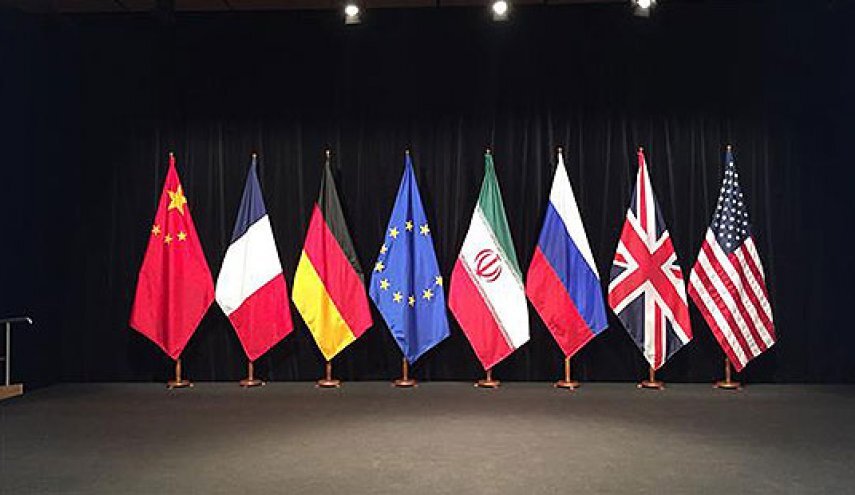Iran’s exit from JCPOA may only be a matter of time

TEHRAN - Iran is in the process of reviewing its options to respond to a possible restoration of all UN sanctions after the U.S. submitted a complaint to the UN Security Council pushing for the triggering of the snapback process.
As Washington presses ahead with its plan to reinstate the international sanctions on Tehran, Iranian lawmakers and experts call on the government of Hassan Rouhani to quit the Joint Comprehensive Plan of Action (JCPOA) in case the Security Council failed to continue the lifting of the UN sanctions on Iran.
While all remaining parties to the JCPOA including U.S. European allies assert that the U.S. lost its legal authority to trigger the snapback process, after it withdrew from the deal on May 8, 2018, U.S. Secretary of State Mike Pompeo traveled to New York on August 20 to notify the Security Council of a “significant non-performance” by Iran of its obligations under the nuclear deal as stipulated in the UN Security Council Resolution 2231.
Pompeo’s notification to the Council sparked a wave of protests against the U.S. at the UN, prompting thirteen of the 15-member Security Council to write to the president of the Council to question the legality of the U.S. measure. However, the U.S. still insists that the snapback process is triggered and that the UN sanctions on Iran will be restored within 30 days of receiving the notification.
In the face of renewed U.S. pressure, Iran appears to be contemplating response options if UN sanctions are reinstated. To this end, a group of 49 lawmakers devised a double-urgency motion to force an “automatic withdrawal” from the JCPOA if the UN sanctions are restored.
According to a Tasnim report, the motion calls for an automatic withdrawal from the JCPOA in the event that the snapback process leads to a reinstatement of the UN sanctions on Iran.
Analysts also call for cessation of the implementation of the JCPOA-related commitments if the UN sanctions are re-imposed.
“The best reaction for the Islamic Republic of Iran is to announce that it will stop implementing its commitments under the JCPOA if the [the provisions of the previous] resolutions are reapplied. In this case we will have the zero-versus-zero equation, which means that when our concessions are being zeroed out, the concessions of the other side should also be zeroed out,” Mohsen Barati, a sanctions expert, told the Fars news agency on Saturday.
At the official level, the Rouhani government hasn’t said how it would respond to a potential restoration of UN sanctions, nor has it commented on the calls for withdrawal from the JCPOA. But it’s seems that any UN Security Council move to restore international sanctions on Iran would put an end to the nuclear deal even if the Rouhani government stops short of withdrawing from the deal, which has been on life support since the U.S. unilaterally walked away from it.
Some analysts believe that the triggering of the snapback process will bring about the death the of the 2015 nuclear deal.
“[The triggering of] the snapback mechanism would spell the end of the JCPOA,” Fowad Izadi, a professor of American studies at the University of Tehran, told the Mehr news agency on Saturday.
Over the past three years, the government of Hassan Rouhani has made tremendous efforts to preserve the nuclear deal in the hope that the U.S. changes tack on Iran or, the Europeans offset at least some of Iran’s loss of economic benefits after Trump’s withdrawal from the JCPOA. But it realized that the U.S. is hell-bent on dismantling the deal and the Europeans are unable – or maybe unwilling- to preserve the deal by securing Iran’s economic benefits that were promised in the deal. Now, the deal is reaching a critical point and Rouhani may find it difficult to preserve it.
Leave a Comment